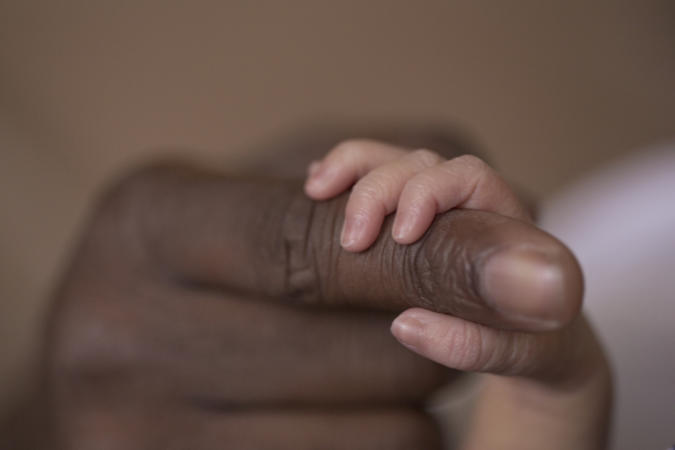All results

Artificial intelligence (AI) technology contains so many different levels and nuances, and licensed attorney Jarell Oshodi implores people to consider how it affects us daily. Generative AI impacts many people, but its effects on the Black community in recent years have sparked concerns. In January 2024, as AFROTECH™ previously reported, “a complaint was filed against Rite Aid for using artificial intelligence-based software in hundreds of its stores to identify people that they believed were ‘deemed likely to engage in shoplifting or other criminal behavior.'” At the time, it was said that the chain had “unfairly targeted people of color.” “I want to ensure that advancements in AI don’t perpetuate biases or create new forms of discrimination,” Oshodi told AFROTECH™ in an email interview. “It’s important to have inclusive policies that safeguard the privacy rights of all individuals, especially those from underrepresented groups.” Buy your AFROTECH™ Conference 2024 ticket now. As a...

With April being National Minority Health Month, it is time to highlight the advancement and need for continued resources that support the health of historically underrepresented communities. The onset of COVID-19 highlighted some of the resounding disparities in the availability of healthcare for Black, Indigenous, and people of color (BIPOC) communities. Additionally, there is a historic rationale to justify the distrust of the health community and its ability to serve BIPOC individuals properly. In light of this, people have not been as open to treatment and suggested solutions related to the recent pandemic. The Center for Disease Control (CDC) uses National Minority Health Month to help re-establish trust in BIPOC communities. A part of reestablishing this trust is ensuring equitable access to resources. To speak on this topic, AfroTech had the opportunity to sit and talk with Dr. Desmond Banks, Senior Policy Advisor, Centers for Disease Control and Prevention, to discuss...

The New York Times shared breaking news from federal health agencies early Tuesday morning (Apr. 13) recommending that the United States put a temporary halt on administering the Johnson & Johnson COVID-19 vaccine following reports that six individuals developed a rare disorder involving blood clots within two weeks of vaccination. CNN reports that a joint statement from Dr. Peter Marks — director of the Food and Drug Administration’s Center for Biologics Evaluation and Research — and Dr. Anne Schuchat — principal deputy director of the Centers for Disease Control and Prevention (CDC) — was released stating, the following: “[The] CDC will convene a meeting of the Advisory Committee on Immunization Practices (ACIP) on Wednesday to further review these cases and assess their potential significance. [The] FDA will review that analysis as it also investigates these cases. Until that process is complete, we are recommending a pause in the use of this vaccine out of an abundance of...

It’s 2020 and Black women are still dying at disproportionate rates during childbirth. According to a report from USA Today , Black women are currently dying in childbirth 2 ½ times more than their white counterparts. Amber Rose Issac, a 26-year-old graduate school student from the Bronx, New York died just four days after tweeting about her experience with “incompetent doctors” despite giving birth to a healthy baby boy, USA Today reports. She was ignored by doctors who failed to diagnose a rare condition that caused her blood platelet levels to drop dangerously low. Can’t wait to write a tell all about my experience during my last two trimesters dealing with incompetent doctors at Montefiore — ✨ (@Radieux_Rose) April 17, 2020 “If Amber was white, Amber would be here,” said her partner Bruce McIntyre. “Amber would have got standard care if she were white. Amber did not receive standard care, and that’s the problem.” Data released earlier this year by the National Center for Health...

Studies show that Black babies are three times more likely to die during childbirth if cared for by White doctors in the United States reports CNN . This shows racial disparities in human health have an effect on a person even in their first few hours of life. Research showed that after Black physicians took charge of the birth, the mortality rate of Black newborns decreased between 39 percent and 58 percent, according to George Mason University Research . On the other hand, that same research revealed mortality rates for White babies wasn’t affected by the doctor’s race on a scale as wide as it is for Black babies. These findings also support prior research that shows that although infant mortality rates have fallen in the past decades, Black children are still more likely to die earlier than their white counterparts. The authors of the study reveal “the findings suggest that Black physicians outperform their White colleagues when caring for Black newborns,” according to CNN . They...